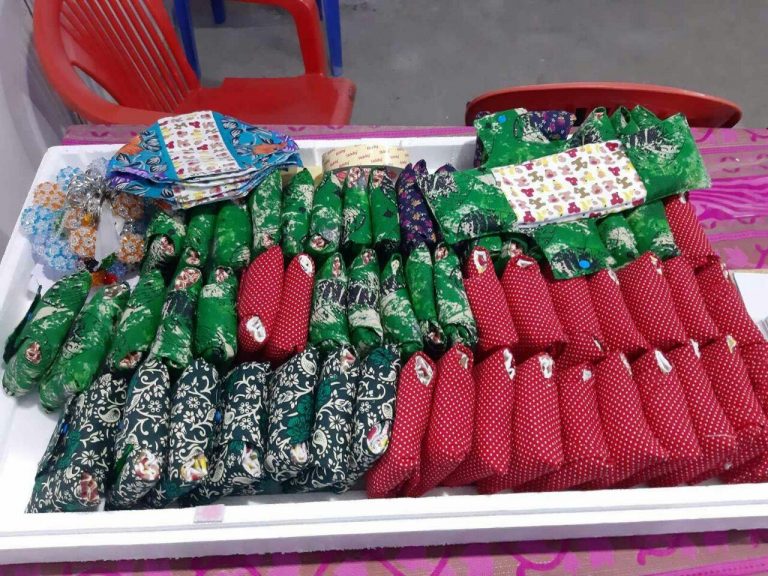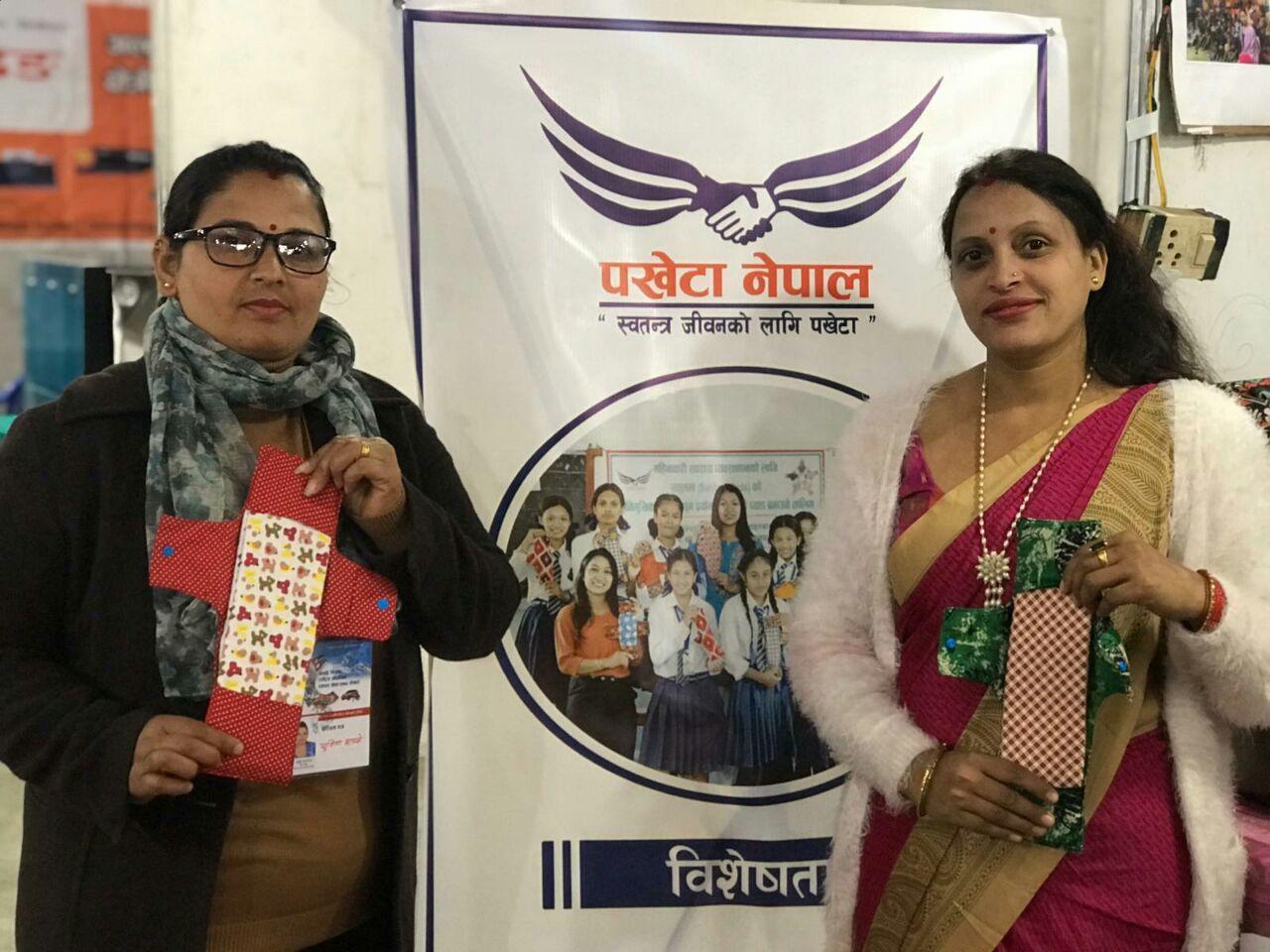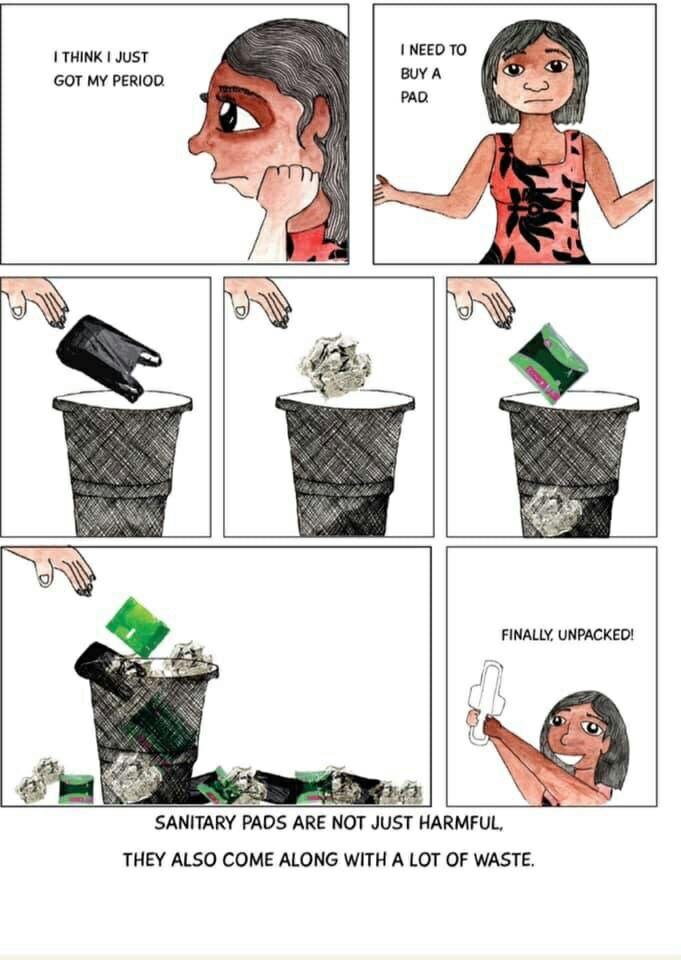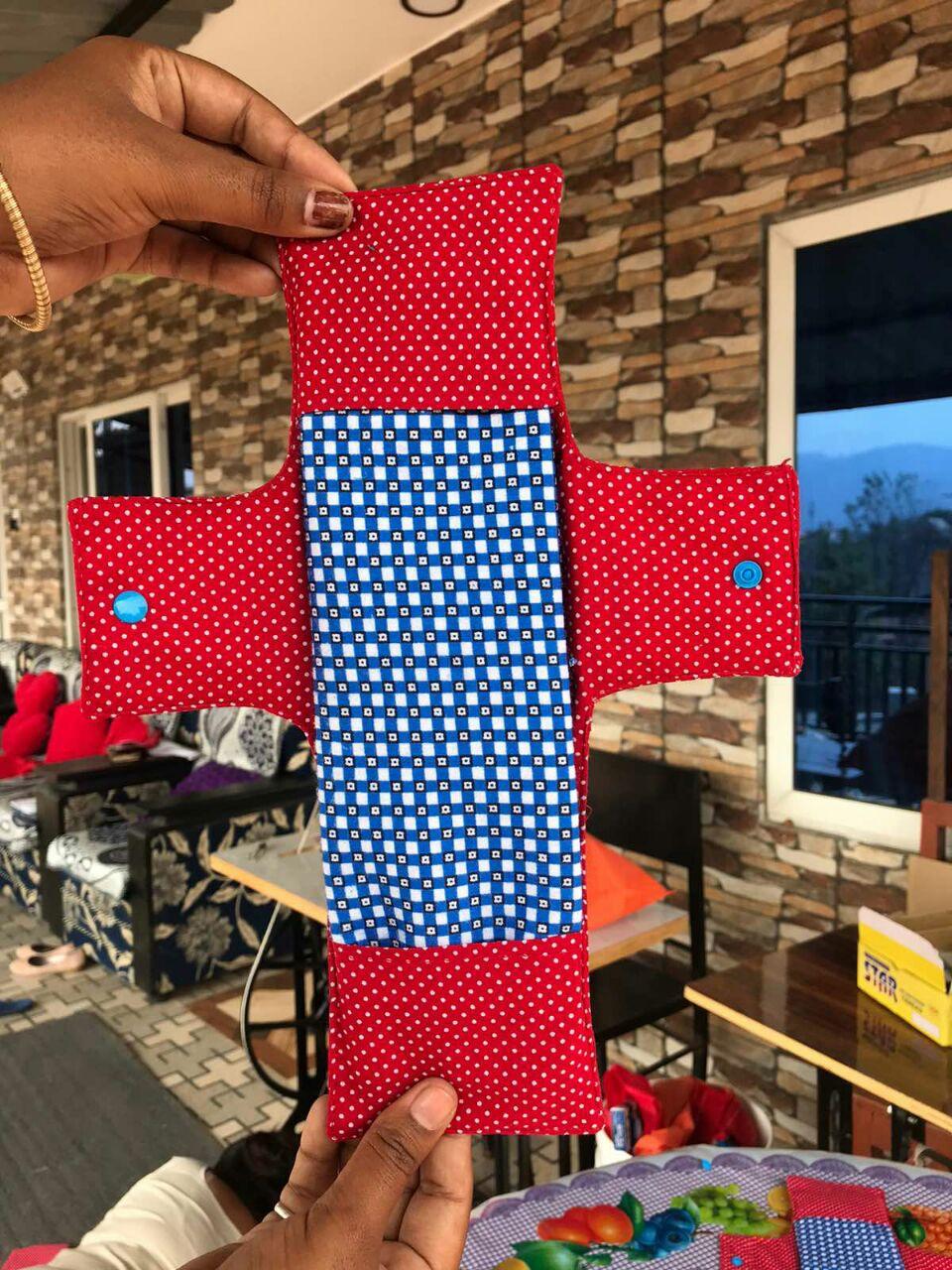
By Feenzu Sherpa
As menstruation is a natural biological process among women, many cultures even celebrate the first cycle. However, menstrual taboos and period shaming, for want of knowledge about the pain as well as inconvenience women go through during their periods, create a massive impact on women’s health.
Most of the sanitary pads used during period contain dioxin which is considered persistent environmental pollutants by the World Health Organization (WHO). According to WHO, “Dioxins are highly toxic and can cause reproductive and developmental problems, damage the immune system, interfere with hormones and also cause cancer.”
Pakheta Nepal is an organization that produces sanitary pads, conducts training for women empowerment and spreads awareness related to menstrual health. Founder of Pakheta Nepal, Binu Shrestha, started the organization with the objective to provide environment friendly pads and change the patriarchal mentality of segregating menstruating women.
As per the report of Population Services International Nepal in 2017, “During menstruation, a majority of girls (89%) experiences some form of restrictions or exclusion. One extreme form of menstrual seclusion practice is called Chhaupadi, a common social tradition in the far and mid-western hills and mountains that requires menstruating women to leave home and live in a chhau goth (cowshed or hut).”
Pakheta Nepal has trained 25 people till date and conducted awareness programs in rural areas, where they taught about menstrual sanitation to more than 200 people.

Shrestha said, “The sanitary pads we produce are made up of flannel (falatin) fabric. The pads can be used like normal sanitary pads found in the market, but the pads we produce can be re-used after washing.”
She added, “I wouldn’t suggest re-using any sanitary pads without hanging them under the sun for at least three hours as sunlight helps in killing bacteria. I have visited several rural areas and taught young girls as well as women to take care of their personal hygiene during periods and the benefits of eco-friendly pads.”
Pakheta Nepal currently employs four housewives to make eco-friendly sanitary pads. They work during their free time. Each individual makes an average of 12 eco-friendly sanitary pads each day. “The housewives are doing voluntary work for the beginning phase of the organization since we don’t have sufficient budget at the moment.” informed Shrestha.
“If only 40% of women used eco-friendly pads, it would certainly draw a huge difference on the environmental impact.”
According to the National Population and Housing Census 2011, there are total of 8,910,706 females of age group 15-54 years. Most of the women in the given age group go through menstruation.
Sanitary pads should ideally be changed within six hours during period, which is 3–5 days and occasionally up to 7 days. Though the quantity of waste generated during menstruation is significant, Nepal still lacks proper data on the quantity or guidelines for sanitary waste disposal.

However, an increasing number of environment conscious women have lately been opting for eco-friendly re-useable sanitary pads or menstrual cups.
Gyan Maharjan, also known as Padman of Nepal and the founder of X-pose, said, “The sanitary pads we produce are made of flannel fabric which is a soft woven fabric made from cotton and is comfortable to wear. We also provide training to women so that they can make and sell eco-friendly pads on their own. Our eco-friendly sanitary pads can be used up to two years, but I suggest using them for only one-and-half years.”

“Around six pieces of our eco-friendly pads are enough for a person for months as they can be washed and re-used. Currently, the standard price rate of re-useable sanitary pad is Rs 170 per piece in Nepal. If we are to compare its overall cost with other regular pads in the market, merely six re-useable pads are enough for one-and-half-years, saving you time as well as the environment,” he said.





